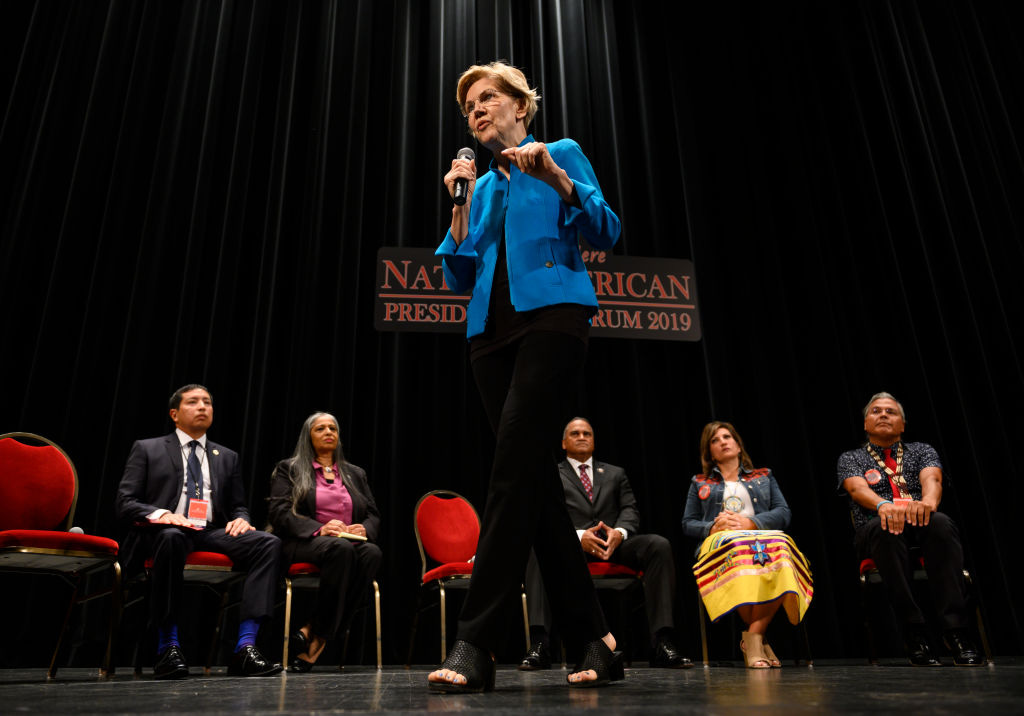A potentially transformative tribal funding & sovereignty bill
Keep an eye on the Honoring Promises to Native Nations Act in the 118th U.S. Congress.

WASHINGTON — U.S. Sen Elizabeth Warren (D-MA) and U.S. Rep. Derek Kilmer (D-WA) on Dec. 5 announced what they called “historic legislation” meant to combat c…
Keep reading with a 7-day free trial
Subscribe to Indigenous Wire to keep reading this post and get 7 days of free access to the full post archives.

